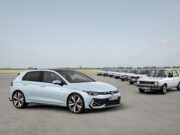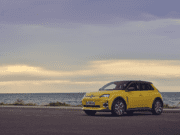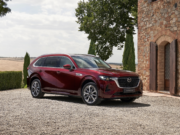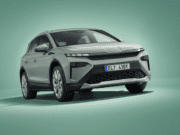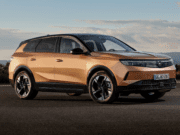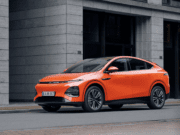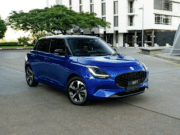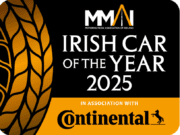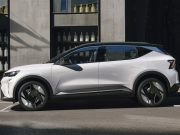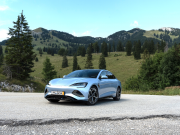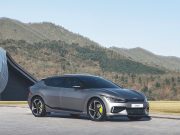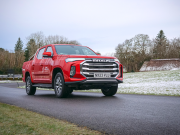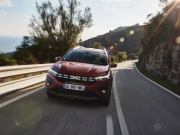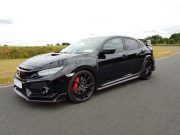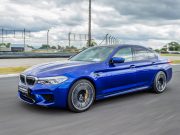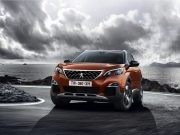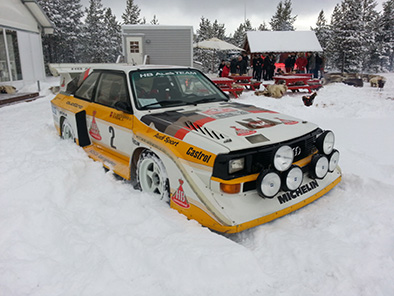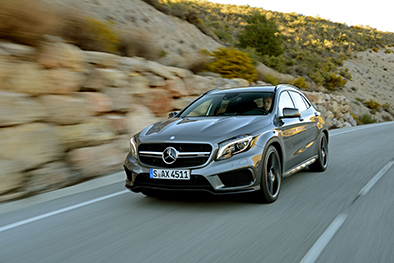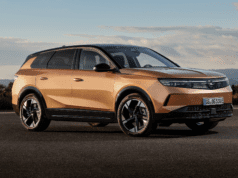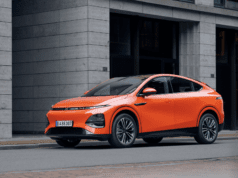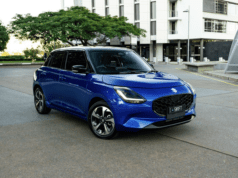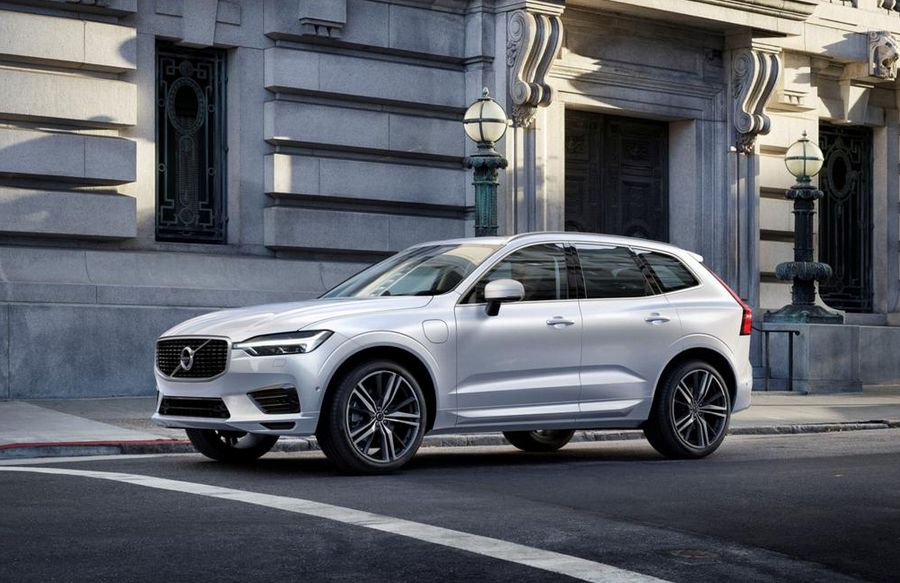 Vehicle history and data expert Cartell.ie has reported on the average value of a new car purchased in Ireland. Cartell.ie looked at the average Open Market Selling Price of all new cars purchased between January and October in every year between 2003 and 2020. The results showed that the average value for a new car purchased in 2020 is €33,287. This is the third year that average values have exceeded the €30,000-mark.
Vehicle history and data expert Cartell.ie has reported on the average value of a new car purchased in Ireland. Cartell.ie looked at the average Open Market Selling Price of all new cars purchased between January and October in every year between 2003 and 2020. The results showed that the average value for a new car purchased in 2020 is €33,287. This is the third year that average values have exceeded the €30,000-mark.
Average Open-Market-Selling Price of New Cars purchased in Ireland 2003 to 2020 (Jan to October) Source: Cartell.ie Carstat.
| Year | Value (€) |
| 2003-01-01 | 23395 |
| 2004-01-01 | 24903 |
| 2005-01-01 | 25944 |
| 2006-01-01 | 27079 |
| 2007-01-01 | 28102 |
| 2008-01-01 | 28051 |
| 2009-01-01 | 25873 |
| 2010-01-01 | 24094 |
| 2011-01-01 | 24767 |
| 2012-01-01 | 26065 |
| 2013-01-01 | 26275 |
| 2014-01-01 | 26726 |
| 2015-01-01 | 27160 |
| 2016-01-01 | 28567 |
| 2017-01-01 | 29617 |
| 2018-01-01 | 30161 |
| 2019-01-01 | 31536 |
| 2020-01-01 | 33287 |
Furthermore the strongest growth in the new car market over the past number of years falls in the €30,000 to €40,000 price bracket (constituting 32% of the total). This band is now the second most popular bracket overall marginally behind the €20,000 to €30,000 band (34% of the total) which has noticeably dropped off since 2012 (when it constituted 53% of the market). Even the bracket at the higher end of the market, the €40,000 to €60,000 bracket has increased in popularity since 2018 (now constituting 19% of the market up from 12% in 2018).
Volume of Sales by price band in Ireland in 2020 (January to October) Source: Cartell Carstat
These results clearly show that the buyer is spending more money than ever before on their new car. Reasons for this may include:
- Consumers may be opting for more expensive vehicles, or more expensive vehicle types like SUVs and Crossover vehicles, or MPVs
- Buyers may have more cash to spend or more available lines of credit. Financial products such as Personal Contract Plans (PCPs) came to prominence in Ireland during the recession as manufacturers sought a means to provide direct lines of credit to potential buyers
- Buyers may want larger cars. The country had a recorded population of 4.23 million in Census 2006 which increased to 4.76 million in Census 2016. This increase may have weighed on buyer decisions, for instance, buyers with younger children may need additional space
- Vehicles are more expensive to manufacture, to comply with NCAP safety ratings, for example, this increases the cost of manufacture: the buyer now often expects certain higher specification items as standard too – larger wheels, alloys, on-board technology, Advanced Driver Assistance Systems (ADAS) features – which all increase the manufacture cost
- Increased consumer demand for electric and hybrid vehicles (where technology is more expensive to implement) could be making an impact, along with changes in buyer habits to more environmentally friendly vehicles, and guided generally by the move to city-clean air policies.
Jeff Aherne, Innovation Lead, Cartell.ie says:
“These results show that buyers are willing to purchase more expensive cars. Vehicles are tech-heavy now with manufacturers offering multiple technological enhancements to vehicles. This is undoubtedly contributing to the price. Cars are also laden with safety features which increases the cost of manufacture for the vehicle. Ultimately the buyer is prepared to buy more expensive vehicles and the availability of various different finance offerings may also be playing a role in this.”



